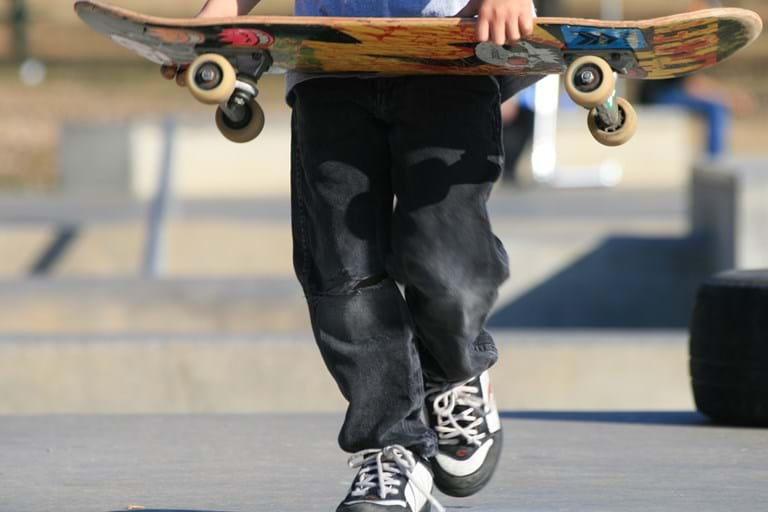Child Counselling - Child Psychology
Parenting can be said to be one of the most challenging jobs in the world. As parents and care-givers, we try to do our best.
Most of the time, when consistent care, love and attention is provided, children thrive and are able to move on healthily towards independence. But sometimes, growing up and transitioning into an adult is not so easy.
As parents, we need to be on the lookout for signs of trouble which require intervention. If your children are experiencing any of the issues listed below, it’s time to seek professional help from a child psychologist or counsellor:
- bullying and cyberbullying
- internet addiction
- self-harm behaviours - cutting, binge drinking, drugs, promiscuity
- violence
- suicide ideation
- anxiety and/or depression
Some schools use the help of an on-site counsellor or a visiting counsellor from the Department of Education. School counselling can certainly be a great help. However, this is a resource which is generally stretched to the maximum. Seeking independent help could be the best and speediest way to tackle problems and issues before they get worse.
There are particular signs to look out for as children become teenagers. Such signs include:
- abandoned friends for new, questionable peers
- sudden drop in school performance
- extreme mood swings
- lying about whereabouts
- mysterious financial changes
Children or teenagers displaying any of these behaviours listed above need help urgently. They need to be listened to and they need professional care to ensure that they are safe and to help them work through their problems.
How Counselling For Children Works
Counselling with children works differently. The first priority of the child psychologist or counsellor will be to assess the situation of the child, the extent of their negative behaviour and whether they are at risk. Once the child’s safety is ensured, the main work of counselling begins. Depending on the age of the child and the issues involved counselling may include one or both parents.
In counselling the child will be encouraged to express and explore how things are for them. This may be done through speaking, or with younger children through games or art. In this safe and supportive environment, where they can go at their own pace, the child or adolescent will be encouraged to talk about feelings, thoughts and needs, which they may not dare to express (or even think of) in front of their parents or their peers.
Through the process of child counselling the deeper motivation for a child’s behaviour will become clear. Emotional issues can be tackled at their roots and practical real-life solutions explored. Parents will be invited to participate as necessary and when it’s appropriate.
Happy, well-adjusted children have skills that they can use to communicate what’s going on for them and, even more crucially, to ask for help when they need it. But sometimes, children lack the ability to convey things that have affected them.
If your child is behaving out of the ordinary or if you have any concerns, no matter how small, it is best to check in with a family therapist. It’s important to realise that a child’s behaviours do not change overnight, and sometimes busy families and parents may miss crucial events that have impacted on the child.
Working with one of our child psychologists or family counsellors will reveal what’s really going on for your child and help your child heal the emotional issues involved. Where necessary therapy will include the parents to form a plan to address particular areas of concern. If you have any concerns or worries regarding your child, please get in touch and ensure the health and well-being of your child and of your family.

